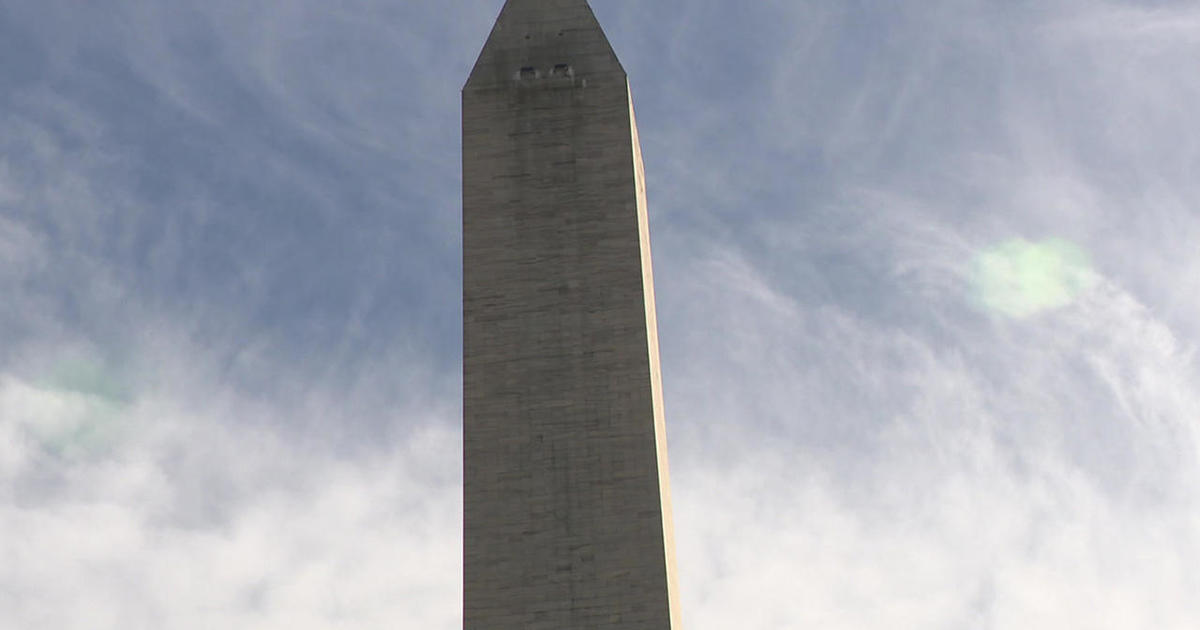
The Washington Monument: Honoring "an idea as much as a man"
CBSN
In a town full of monuments, there's one that stands above them all. Paul Goldberger, professor of design and architecture at the New School in New York, calls the Washington Monument, in our nation's capital, "the tallest, the simplest, the most straightforward, the most direct. It's very much like Washington himself in that way actually."
The monument's iconic design was not, in fact, by design.
"Robert Mills, who designed the Washington Monument, originally envisioned a classical colonnade going around the bottom of columns, basically kind of like a round, classical temple," said Goldberger. "They had all kinds of financial problems as well as political problems. And so, only the obelisk was built."
More Related News
